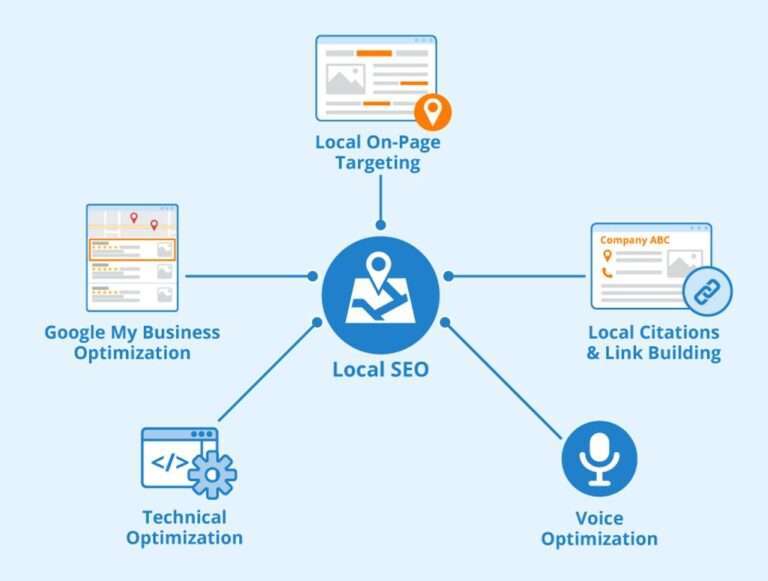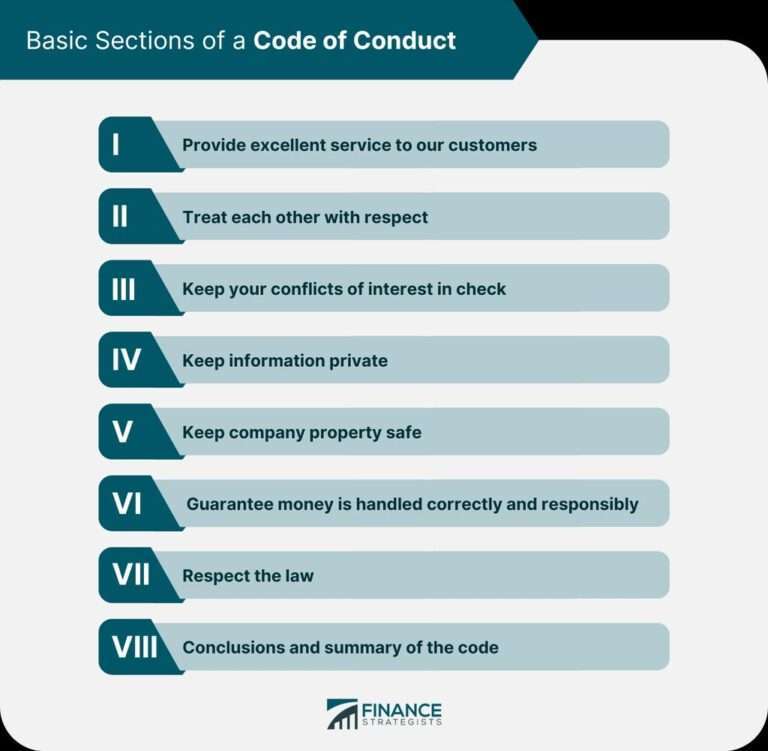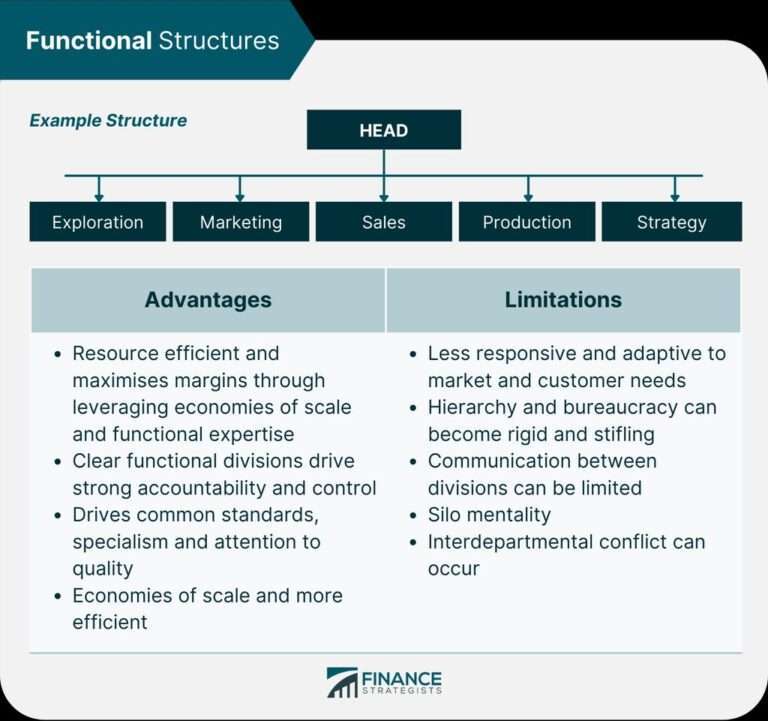What is Omnichannel Marketing?
Overview
What is Omnichannel Marketing?
Omnichannel marketing is a strategic approach that enables businesses to reach customers across multiple channels, both online and offline. It focuses on creating a seamless and consistent customer experience by integrating various touchpoints such as websites, mobile apps, social media, physical stores, and more. The key insight of omnichannel marketing is that customers expect a unified and personalized experience regardless of the channel they interact with. By leveraging data and technology, businesses can understand customer behavior, analyze their journey, and segment them for targeted marketing. This comprehensive approach allows businesses to engage with customers at every stage of their buying journey, ultimately driving customer loyalty and increasing sales. To implement a successful omnichannel strategy, businesses need to integrate their online and offline channels, leverage technology to provide a seamless experience, and create consistent brand messaging across all touchpoints. By adopting an omnichannel approach, businesses can effectively reach customers anywhere and provide them with a personalized and convenient shopping experience. Unifire is a leading provider of omnichannel marketing solutions that can help businesses achieve their marketing goals. With Unifire, businesses can streamline their marketing efforts, gain valuable customer insights, and deliver personalized experiences across multiple channels. Take your marketing to the next level with Unifire and start reaping the benefits of omnichannel marketing today!
Benefits of Omnichannel Marketing
One of the key insights of this article is the importance of understanding customer preferences in order to effectively implement an omnichannel marketing strategy. By analyzing customer behavior and journey, businesses can gain valuable insights into their preferences and tailor their marketing efforts accordingly. This allows for targeted and personalized messaging, leading to higher customer engagement and conversion rates. Additionally, integrating online and offline channels and leveraging technology can create a seamless and consistent brand experience for customers, further enhancing their satisfaction and loyalty. Implementing an omnichannel strategy not only improves customer satisfaction but also drives business growth and increases customer retention.
Key Components of Omnichannel Marketing
The key components of omnichannel marketing involve integrating multiple channels, both online and offline, to create a seamless and cohesive customer experience. This includes leveraging technology to track and analyze customer behavior across channels, allowing for personalized and targeted marketing campaigns. Additionally, creating consistent brand messaging across all channels is crucial to building brand awareness and recognition. By implementing an omnichannel strategy, businesses can effectively reach customers at every touchpoint and provide a seamless shopping experience. Omnichannel digital marketing plays a vital role in this strategy, allowing businesses to engage with customers across various digital platforms and devices. By utilizing omnichannel digital marketing, businesses can effectively reach and engage with their target audience, increase brand visibility, and drive conversions.
Understanding Customer Behavior
The Importance of Customer Insights
Understanding customer behavior is crucial for the success of an omnichannel marketing strategy. By gaining deep insights into their preferences, needs, and purchasing habits, businesses can tailor their marketing efforts to deliver personalized experiences. Analyzing the customer journey allows companies to identify touchpoints where they can engage with customers and provide relevant content. Segmenting customers based on demographics, behaviors, and preferences helps in creating targeted marketing campaigns that resonate with specific audience segments. With comprehensive customer insights, businesses can optimize their marketing strategies and deliver a seamless and personalized experience across all channels.
To learn more about how to implement an effective omnichannel marketing strategy, visit Unifire.
Analyzing Customer Journey
Analyzing the customer journey is a crucial step in understanding customer behavior and optimizing omnichannel marketing strategies. By mapping out each touchpoint and interaction a customer has with your brand, you can gain valuable insights into their preferences, needs, and pain points. This data can then be used to create personalized and targeted marketing campaigns that resonate with customers at every stage of their journey. In today’s modern digital world, where customers have multiple channels and devices at their fingertips, analyzing the customer journey is more important than ever. It allows you to identify opportunities for engagement and conversion across various online and offline channels, ensuring a seamless and consistent experience for your customers. By leveraging advanced analytics tools and techniques, you can uncover hidden patterns and trends in customer behavior, enabling you to make data-driven decisions and optimize your omnichannel marketing efforts.
Segmenting Customers for Targeted Marketing
Segmenting customers is a crucial step in implementing an effective omnichannel marketing strategy. By dividing your customer base into distinct segments based on their preferences, behaviors, and demographics, you can tailor your marketing efforts to meet their specific needs. This allows you to deliver personalized and relevant messages to each segment, increasing the likelihood of engagement and conversion. Independent channels can be utilized to gather data on customer behavior and preferences, which can then be used to create targeted marketing campaigns. By understanding the unique characteristics of each segment, you can create more effective marketing strategies that resonate with your customers and drive results.
Implementing an Omnichannel Strategy
Integrating Online and Offline Channels
One of the key insights of this article is the importance of integrating online and offline channels in an omnichannel marketing strategy. By seamlessly connecting digital and physical touchpoints, businesses can provide a cohesive and personalized customer experience. This integration allows customers to interact with a brand through multiple channels, such as websites, social media, mobile apps, physical stores, and more. It also enables businesses to gather valuable data and insights from both online and offline interactions, which can be used to optimize marketing efforts and improve customer satisfaction. By integrating online and offline channels, businesses can reach customers wherever they are and create a seamless and convenient shopping experience. To achieve this integration, businesses can leverage technology solutions such as customer relationship management (CRM) systems, data analytics tools, and marketing automation platforms. These tools enable businesses to track customer interactions across different channels, personalize marketing messages, and deliver consistent brand messaging. By implementing an omnichannel strategy that integrates online and offline channels, businesses can gain a competitive edge and build stronger relationships with their customers. To learn more about how Unifire can help you implement an effective omnichannel strategy, visit Unifire.
Leveraging Technology for Seamless Experience
In today’s digital age, leveraging technology is crucial for creating a seamless omnichannel experience for customers. By integrating online and offline channels, businesses can provide a consistent and personalized journey for their customers. Customer usage data plays a vital role in understanding customer behavior and preferences, allowing businesses to tailor their marketing efforts accordingly. Advanced analytics tools enable the analysis of customer journeys, identifying touchpoints where customers engage with the brand. This data can then be used to segment customers and target them with relevant and personalized marketing messages. Additionally, technology enables businesses to create consistent brand messaging across all channels, reinforcing the brand identity and increasing customer trust. By embracing technology, businesses can unlock the power of omnichannel marketing and reach customers anywhere.
Creating Consistent Brand Messaging
Consistent brand messaging is crucial in omnichannel marketing. It ensures that your customers receive a unified and cohesive experience across all channels. By maintaining a consistent tone, voice, and visual identity, you can establish a strong brand presence and build trust with your audience. This consistency also helps in reinforcing your brand values and positioning. It allows you to effectively communicate your brand story and differentiate yourself from competitors. Quick order processing is another important aspect of creating consistent brand messaging. By providing a seamless and efficient ordering process, you can enhance the overall customer experience and encourage repeat purchases. With the right technology and systems in place, you can streamline the order fulfillment process and deliver orders quickly to your customers. This not only improves customer satisfaction but also contributes to positive brand perception. To achieve consistent brand messaging, it is essential to have clear brand guidelines and ensure that all marketing materials, including website content, social media posts, and advertisements, align with these guidelines. Regular monitoring and evaluation of your brand messaging across channels can help identify any inconsistencies and make necessary adjustments.
Conclusion
The Future of Omnichannel Marketing
The future of omnichannel marketing lies in the ability to seamlessly connect with customers across multiple touchpoints. By integrating online and offline channels, businesses can create a unified and personalized customer experience. This requires leveraging technology to track and analyze customer data, allowing for more targeted and relevant marketing campaigns. Additionally, creating consistent brand messaging across all channels helps to reinforce brand identity and build customer trust. As technology continues to advance and customer expectations evolve, businesses that embrace omnichannel marketing will have a competitive edge in reaching and engaging their customers.
Success Stories of Omnichannel Campaigns
One of the key success stories of omnichannel campaigns is the improvement in order fulfillment. By integrating online and offline channels, businesses are able to streamline their order management processes and provide a seamless experience for customers. This includes features such as online ordering with in-store pickup, real-time inventory updates, and fast shipping options. With an omnichannel strategy, businesses can ensure that customers can easily find and purchase products, regardless of the channel they choose to use. This has resulted in higher customer satisfaction and increased sales for many companies.
Key Takeaways
In conclusion, omnichannel marketing is a powerful strategy that allows businesses to reach customers anywhere and provide a seamless and personalized experience. By integrating online and offline channels, leveraging technology, and creating consistent brand messaging, businesses can effectively engage with customers at every touchpoint. Understanding customer behavior through customer insights, analyzing the customer journey, and segmenting customers for targeted marketing are crucial for implementing a successful omnichannel strategy. The future of omnichannel marketing holds great potential, as evidenced by the success stories of omnichannel campaigns. To succeed in this space, businesses need to prioritize a deep understanding of customer behavior and invest in the right technology to deliver a seamless omnichannel shopping experience. Unifire can help businesses achieve this by providing a comprehensive omnichannel marketing platform that enables personalized and consistent customer interactions across all channels.
In conclusion, Unifire is the ultimate tool for extracting summaries, keywords, and titles from your podcast and repurposing your content. With Unifire, you can save time and effort by automating the process of creating engaging content. Whether you’re a content creator, marketer, or podcaster, Unifire can help you maximize the value of your podcast episodes. Try Unifire today and unleash the power of your podcast!







